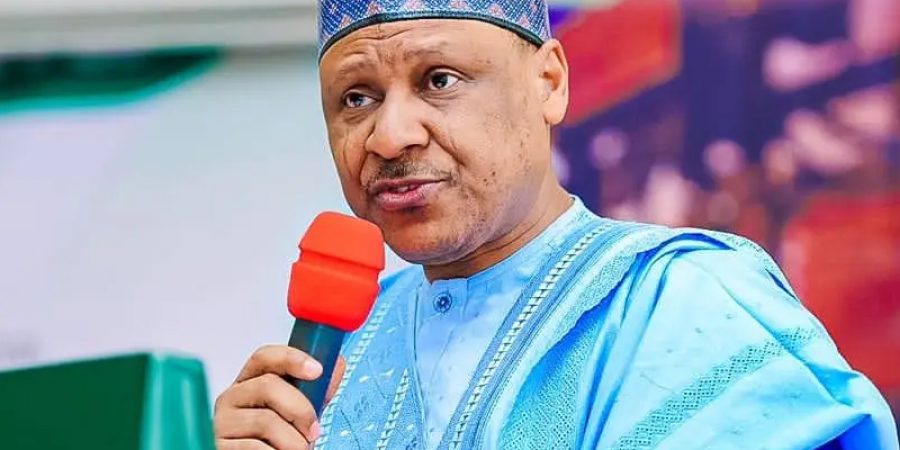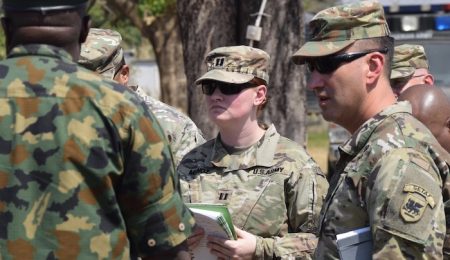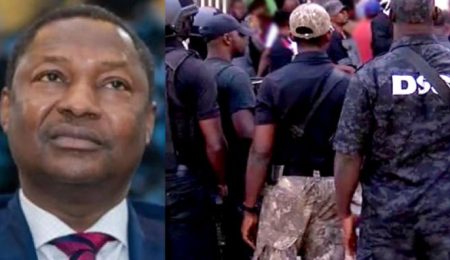Minister of Information and National Orientation, Mohammed Idris, has faulted some United States lawmakers for relying on what he described as “inaccurate and misleading data” to accuse Nigeria of carrying out a Christian genocide.
Idris spoke during an interview on CNN earlier this week, saying the claims, which prompted calls for US Secretary of State Marco Rubio to impose diplomatic sanctions on Nigeria, distort the country’s complex security realities.
“Some of the claims made by officials of the United States are based on faulty data and the assumption that victims of violence are largely Christians,” Idris said.
“Yes, there are Christians being attacked, but these criminals do not target one religion — they attack both Christians and Muslims, especially in the northern part of the country.”
According to Idris, the federal government remains committed to protecting religious freedom and upholding human rights, democracy, and the rule of law. He emphasised that freedom of religion is guaranteed under the Nigerian Constitution and must be respected by all.
The minister warned that spreading false narratives about a religious genocide risks playing into the hands of criminals who seek to incite sectarian conflict. He insisted that Nigeria’s insecurity should not be characterised as a religious war.
“Characterising these attacks as being against Christians alone will drive Nigeria towards unnecessary division,” he said.
“The criminals want to portray the situation as a fight between Christians and Muslims. It is wrong to describe Nigeria as a country that does not tolerate religious freedom. It is also inaccurate to say that nowhere is safe in Nigeria. Our country is indeed safe.”
Idris maintained that Nigeria remains a tolerant nation where people of diverse faiths coexist peacefully, adding that it was wrong to describe the country as unsafe or hostile to religious freedom.
While admitting that Nigeria continues to grapple with security challenges, Idris said the administration of President Bola Tinubu has demonstrated stronger commitment and better coordination among security agencies to tackle the problem.
He added that recent changes in the leadership of the armed forces were part of efforts to enhance Nigeria’s security architecture and ensure a faster, more effective response to emerging threats.
“Yes, we have security issues in Nigeria, but the government has made massive investments to ensure safety for everyone,” he noted.
Idris added, “In recent years, the government has focused more attention on improving security through better military hardware and strategy.”
“We are also investing in agriculture and social services to strengthen non-kinetic approaches to peacebuilding. Even the recent changes in service chiefs were made to improve our security architecture and ensure government responds effectively to emerging threats.”
Melissa Enoch
Follow us on:



